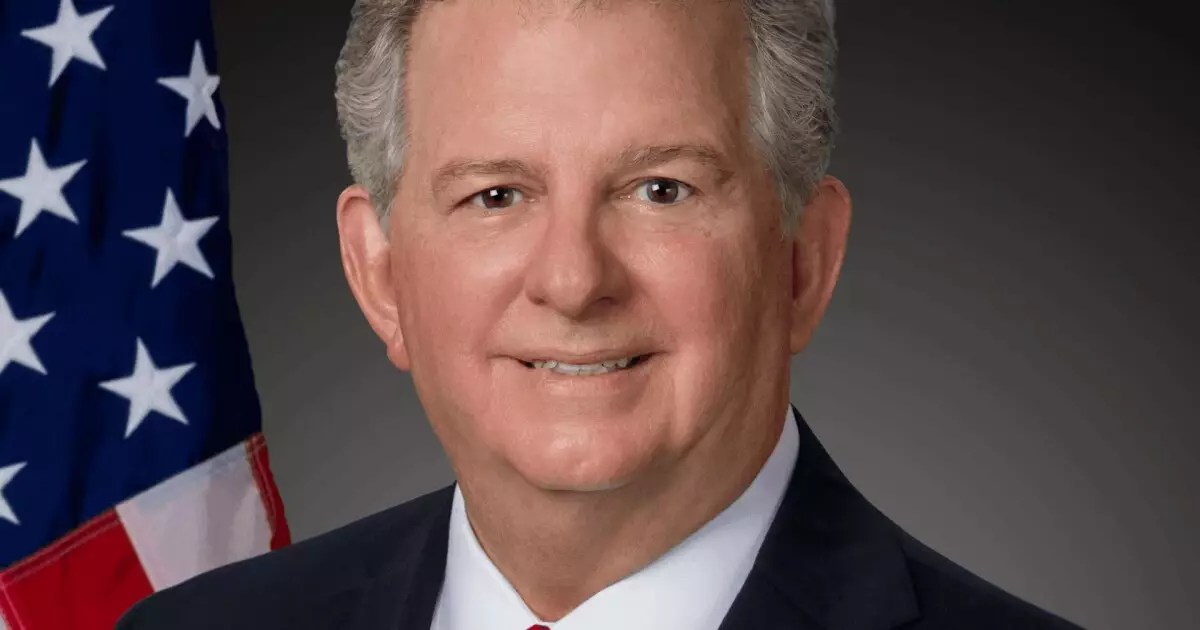Shreveport, Louisiana, is a city at a crossroads, facing a financial predicament that deserves scrutiny beyond the superficial headlines. As the city pushes forward with a newly authorized $256 million in general obligation (GO) bonds, financial experts are raising alarms over the increasing weight of its long-term debt and the sustainability of its fiscal policy. This situation is not just a local finance story; it’s a reminder of how mismanagement, coupled with political hesitance, can have far-reaching consequences on public welfare and infrastructure.
The Burden of Underlying Credit Ratings
The latest financial maneuvering sees Shreveport trying to mask its underlying triple-B credit rating through bond insurance, which effectively props up its creditworthiness to an insured AA status by S&P Global. However, this facade cannot hide the underlying issues that remain glaringly evident in the city’s recent audits. With ratings consistently hovering around the Baa2 and BBB-plus marks and negative outlooks applied by major rating agencies, the reality is that Shreveport’s financial health is not as robust as the administration would have citizens believe. In fact, the recent downgrade by Moody’s, coupled with its observations of declining cash and fund balances, emphasizes a troubling narrative: fiscal discipline is sorely lacking.
Promises of Infrastructure and Getting Stuck in a Debt Spiral
This new bond issuance—comprised mainly of allocations for infrastructure improvements, including streets and drainage—begs the question: can the city afford more debt when past obligations are already daunting? Shreveport’s long-term liabilities reportedly reach an alarming 443% of fiscal 2023 revenue. This means each dollar of income is being consumed by past debts, leaving little for essential services or emergencies. More worrying is the pattern of deferred tax initiatives that could help fund necessary capital improvements; decisions influenced heavily by political expedience rather than long-term fiscal strategy.
Joseph Krist, a financial analyst, paints a stark picture when he describes Shreveport’s prolonged resistance to tax measures during prosperous economic times. Such hesitation could stifle growth, and it raises a legitimate concern about whether the city is proactively strategizing for the inevitable economic downturns that occur in cyclical markets. Without a commitment to maintaining a stable revenue base, citizens may find essential services compromised and the very fabric of their community threatened.
Infrastructure: An Underfunded Obligation
The federal consent decree requiring improvements to the city’s aging sewer system underscores a larger issue—many of Shreveport’s infrastructural projects are not just wish-list items but legally mandated improvements that the city has long failed to implement. This aspect of governance reflects negligence, not only in addressing pressing infrastructure needs but also in managing long-term liabilities that hang like a cloud over local finances. Mayor Tom Arceneaux’s claims of cautiously optimistic efforts to modify the consent decree are undermined by a visible lack of action and accountability in prior years.
Shreveport’s asset management is in jeopardy. Aging infrastructure is increasingly becoming costlier to maintain, and the city’s apparent inability to effectively allocate resources raises serious concerns over operational efficiency. The history of deferred maintenance will inevitably lead to greater expenses down the line, making it imperative for the city to elevate its long-term planning strategies.
Job Creation: A Beacon of Hope or a False Narrative?
Shreveport’s recent announcements regarding job creation—specifically, the establishment of Amazon’s technologically advanced distribution facility and substantial investments from LSU Health and Prolec GE—might paint a rosy picture of economic prosperity. However, these developments do not eclipse the need for fiscal responsibility and long-term planning. The reality on the ground reveals a decline in population from 187,000 in 2019 to just 178,000 in 2024, suggesting that while new jobs may offer temporary relief, the underlying demographic and economic trends remain concerning.
Moreover, while retail and service jobs are being touted as success stories, they often come with lower wages and fewer benefits, resulting in a net-positive that doesn’t truly reflect comprehensive economic health. If the city doesn’t address its financial woes, newly created jobs may soon find themselves at risk, just as former workers in older industries have experienced before.
The Need for Revenue Generation
Shreveport’s approach has consistently been to operate in a mode of fiscal panic, seeking bonds and hoping for favorable market conditions without a sustainable plan to bolster revenue streams. The mayor’s commitment to a linear property tax approach for financing debts may provide some short-term relief, but dependency on tax increases after 2026 raises the concern of overburdening constituents in already tough economic times.
Contrary to the administration’s outlook, the prevalent disregard for systemic revenue enhancements and expenditure cuts may continue to undermine the city’s financial footing. The broader economic framework necessitates a serious discourse on how Shreveport can pivot towards enhanced fiscal strategy rather than relying on the financial band-aid of increased debt.
The challenges Shreveport faces are emblematic of a broader struggle seen across many local governments—maintaining essential services while grappling with long-term liabilities and a pushback against tax measures that could provide stability. As the city attempts to navigate this treacherous terrain, a clear-eyed evaluation of debt, infrastructure needs, and sustainable economic policies is not just important; it is imperative.


Leave a Reply